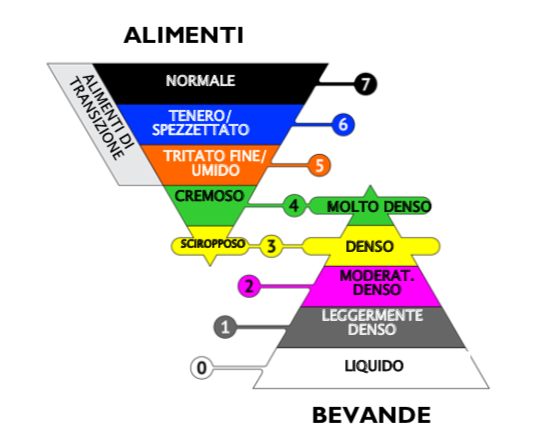l cavo orale è un bacino potenziale di agenti patogeni. Non lavare accuratamente denti, lingua e palato significa semplificare il passaggio dei batteri all’interno dell’organismo.
La cura dell’igiene orale dovrebbe essere sempre parte integrante della propria routine giornaliera, non solo per ragioni di comfort ma soprattutto in termini di salvaguardia della salute. Il cavo orale infatti, oltre a essere la principale via di accesso agli apparati digerente e respiratorio, è anche un bacino potenziale di agenti patogeni (circa 300 specie di batteri) che potrebbero provocare disturbi di vario genere. In primis, le patologie del cavo orale che, oltre a essere un serio problema estetico, sono causa di disidratazione e malnutrizione nonché fattore di rischio per malattie cardiache, diabete e stroke. In secondo luogo, una scarsa igiene orale nei pazienti disfagici è correlata alle polmoniti da aspirazione. Non lavare accuratamente denti, lingua e palato significa esporsi a un’eccessiva proliferazione di batteri che, rimanendo in incubazione nel cavo orale, hanno buone probabilità di spostarsi all’interno dell’organismo. Tali agenti patogeni infatti possono far ingresso insieme a cibo, bevande o saliva e raggiungere le vie respiratorie anziché l’esofago.
L’igiene orale come attività quotidiana di prevenzione
Per i motivi elencati l’igiene orale dovrebbe rappresentare una delle attività fondamentali per chi soffre di disfagia, soprattutto per coloro che non sono in grado di provvederne autonomamente per cause sia di natura motoria sia cognitiva. Tuttavia ciò non sempre accade e troppo spesso la cura orale non è vista come parte integrante dell’assistenza del paziente. Discorso simile vale per l’indagine valutativa del cavo orale, che spesso non avviene con la frequenza e gli strumenti con i quali dovrebbe essere invece svolta.





